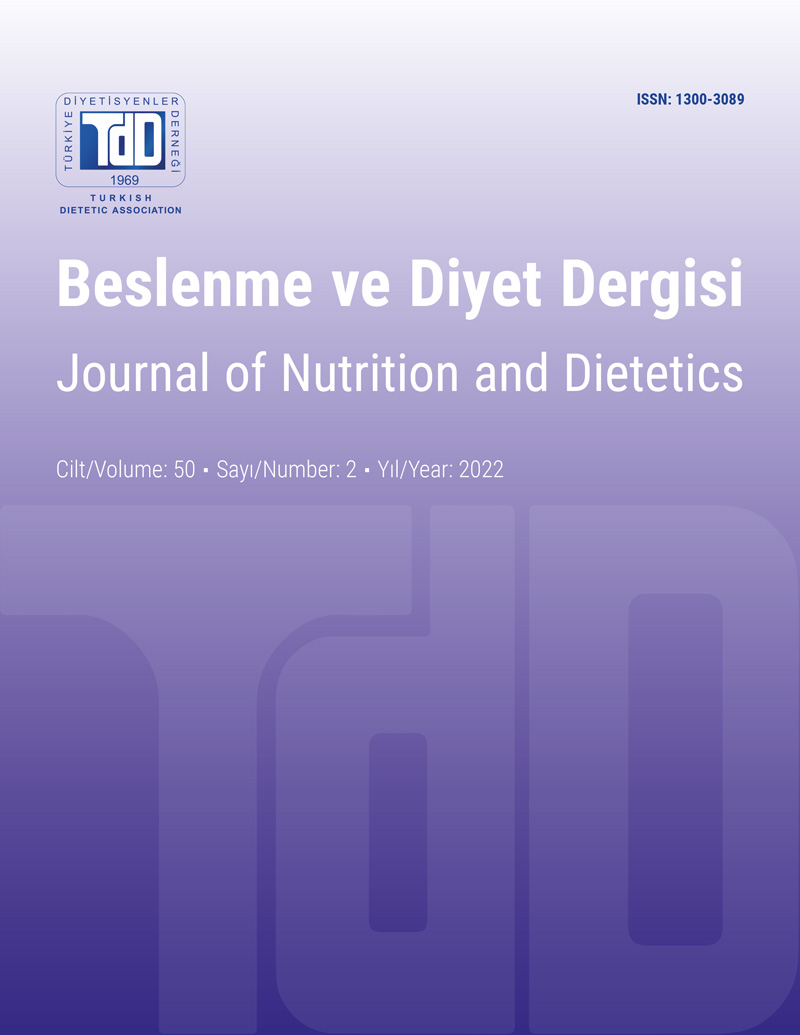The Role of Intestinal Metabolites in Cardiovascular Disease
DOI:
https://doi.org/10.33076/2022.BDD.1636Keywords:
Cardiovascular diseases, diet, gut metabolitesAbstract
Cardiovascular diseases (CVD) are the leading causes of death, accounting for 30% of all deaths worldwide. There are many modifiable and non-modifiable risk factors that cause disease’s onset and progression. These include obesity, hypertension, type 2 diabetes, dyslipidemia, smoking, unhealthy diet and physical inactivity. Metabolites such as trimethylamine-N-oxide (TMAO), short-chain fatty acids (SCFA), bile acids and phenylacetylglutamine (PAGln) produced by the gut microbiota are the risk factors for cardiovascular diseases. For this reason, the relationship between the microbiota and the cardiovascular system has recently been the leading research issue. The produced metabolites affect the CVD process positively or negatively through various mechanisms. Changing the intestinal microbiota with dietary intervention and using probiotics, prebiotics and synbiotics are important treatment methods. Changing the intestinal microbiota composition with these methods positively affects many diseases, including CVD. This review aims to summarize the relationship between nutrition and gut metabolites on cardiovascular diseases in the direction of literature.

